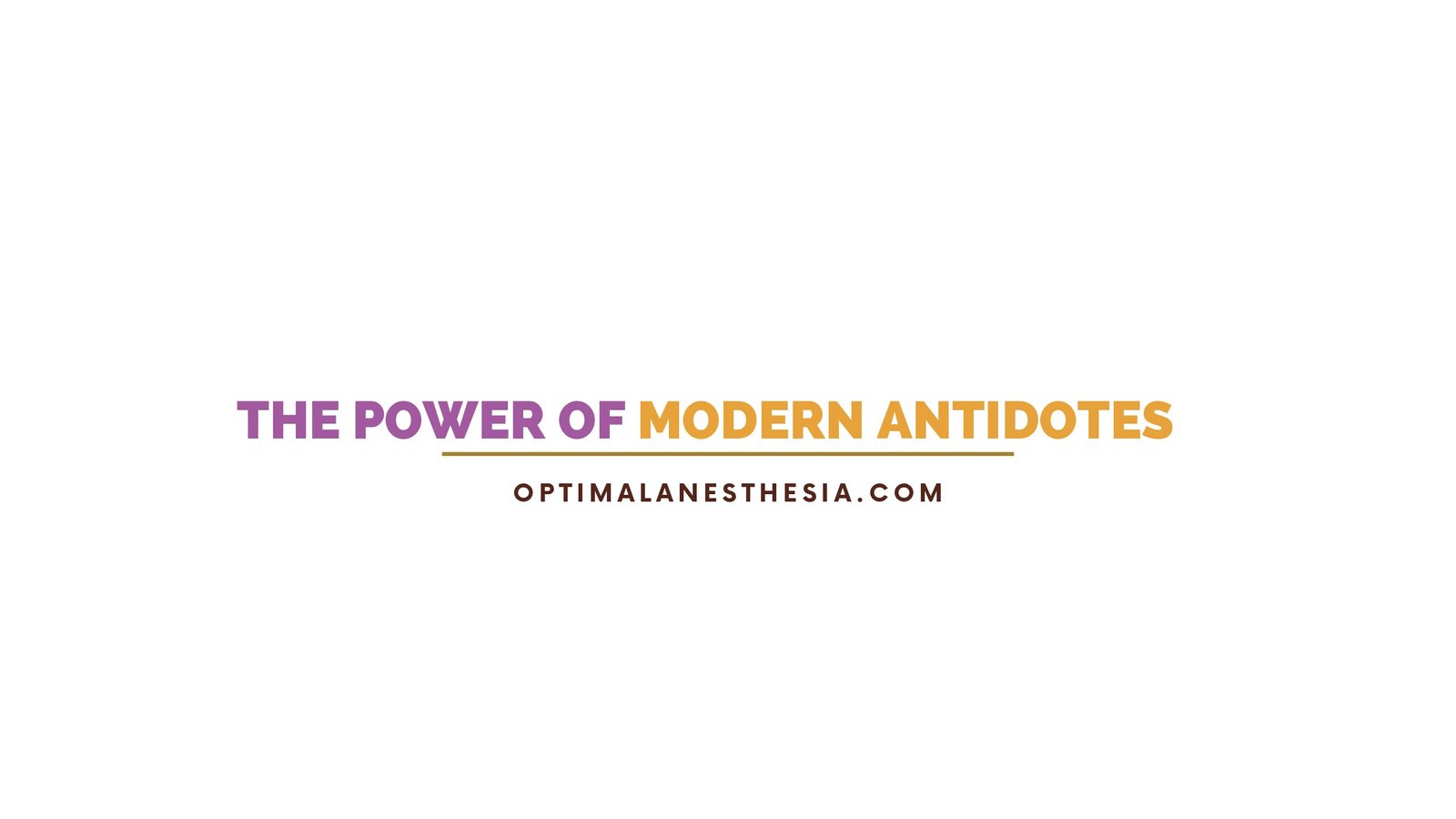Introduction
Anesthesiologists are essential healthcare professionals responsible for administering anesthesia during surgical procedures and monitoring patients’ well-being throughout the process. Their primary role is to induce and maintain anesthesia safely, and part of this responsibility includes being prepared to counteract any adverse effects or complications that may arise during anesthesia administration. While the traditional concept of antidotes primarily revolves around countering the effects of poisons, the field of anesthesia has seen significant advancements in this regard. This article explores both classical and innovative anesthesia antidotes that anesthesiologists employ to enhance patient care and safety.
Classical Anesthesia Antidotes
Classical anesthesia antidotes encompass well-established drugs used to counteract the effects of specific medications or poisons frequently encountered in anesthesia practice. Below is a table summarizing these classical anesthesia antidotes:
| Drug | Antidote |
|---|---|
| Acetaminophen/paracetamol | Acetylcysteine |
| Anticholinergic | Physostigmine |
| Anticholinesterase | Atropine/pralidoxime |
| Benzodiazepines | Flumazenil |
| Ca2+ Channel blockers | Calcium chloride |
| Digoxin | Anti-digoxin Fab |
| Heparin | Protamine sulfate |
| Malignant hyperthermia | Dantrolene |
| Opioids | Naloxone |
| Warfarin | Vitamin K |
Innovative Anesthesia Antidotes
Recent advancements in medical science have led to the development of innovative anesthesia antidotes, offering more targeted and efficient solutions for anesthesiologists. These antidotes employ complex formation or sequestration to reverse drug effects effectively. Here is a table summarizing some innovative anesthesia antidotes:
| Drug | Antidote |
|---|---|
| Local anesthetics | Lipid emulsion |
| Neuromuscular Blockers | Encapsulation: sugammadex, calabadion |
| Direct Oral Anticoagulants (DOACs) | Idarucizumab (specific for dabigatran) and Adexanet alfa (for factor Xa inhibitors) |
The Future of Anesthesia Antidotes
The field of anesthesia continues to advance, with ongoing efforts to develop both specific and universal antidotes for various drugs and drug classes. These advancements empower anesthesiologists to provide more precise and efficient care, ensuring patient safety during surgery and recovery.
Conclusion
Anesthesiologists play a pivotal role in ensuring patient safety and comfort during surgical procedures. The evolution of anesthesia antidotes, from classical solutions to innovative approaches, has significantly enhanced their ability to respond effectively to adverse events. With the development of specific and universal antidotes on the horizon, anesthesiologists are better equipped than ever to ensure the well-being of their patients and provide a high standard of care in the ever-evolving field of anesthesia.


